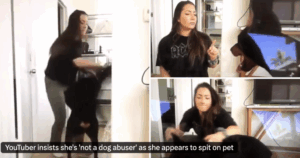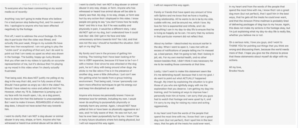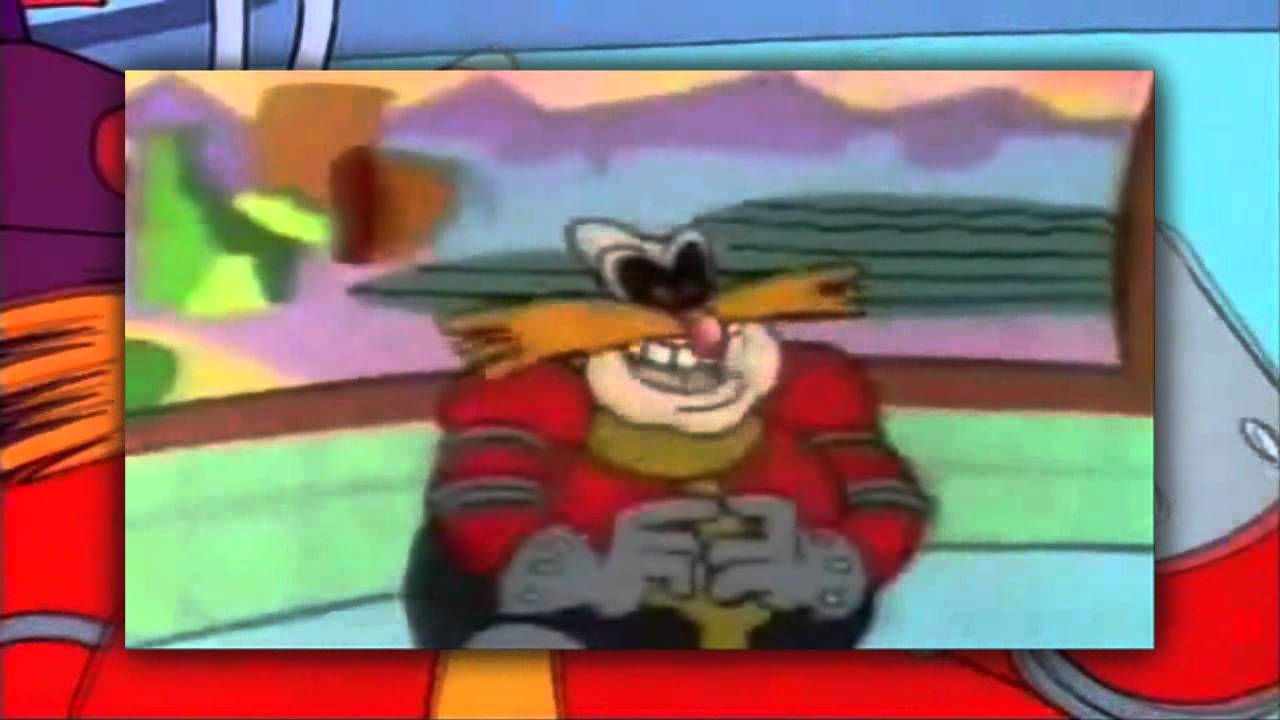
One editing slip up revealed the dark side of a seemingly perfect Youtube vlogger, and it would eventually lead to her career’s demise. Brooke Houts posted her first Youtube video on November 23, 2015, uploading various styles of content, whether that be “get ready with me’s”, daily vlogs, or prank videos. Viewers grew keen to her bubbly personality and humorous tone, resulting in the formation of a loyal fanbase that would grow to over 330,000 by early-2019. While living in Los Angeles in 2018, she adopted a pet doberman named Sphinx. Her fans fell in love with the puppy, to the point in which Houts created an alternative Instagram account for him named @sphinxthedobe (now deleted). Sphinx brought countless viewers to her page, making him become less of a pet, and more of a co-star.
In August of 2019, Houts uploaded a video in which she was doing various pranks on Sphinx. The video seemed lighthearted in tone, using the “trending” pranks at the time, like placing plastic wrap around the door to see if he would accidentally run into it. However, following her “outro”, viewers witnessed a disturbing clip, making it evident that the Youtuber unintentionally uploaded an unedited cut. We first hear Houts say “it doesn’t faze you?”, as the dog jumps on her chests, an action that results in her slapping Sphinx. The clip continues, and after the dog attempts to interact with her again, she demands for him to stop and then spits on him. At the video’s conclusion, the dog once again tries to engage, and to that, Houts lunges at the puppy and shoves him across the room. The footage spread like wildfire across various social media platforms, and Brooke’s “bubbly dog mom” persona came crumbling down overnight.
Public backlash was immediate, with viewers demanding accountability. Animal rights organizations even chimed in, with PETA tweeting: “Dogs deserve respect. If you can’t treat dogs with kindness and instead hit them, don’t get one. @Youtube: Please remove Brooke Houts from your platform”. Countless social media users echoed PETA’s sentiment, creating petitions that called for the removal of her account. Amidst the backlash, Houts posted a notes app apology on the same day, both apologizing and defending her behavior. Houts attributed her aggressive demeanor to frustrations in her personal life, explaining that this led to her disciplinary methods being harsher than they ever had been or had intended them to be. She echoed that she was not a dog abuser, and that those who had actually witnessed abuse would recognize that. This was not received well by the public, and to make matters worse for the influencer, it was later announced that LAPD had launched an investigation against her for possible animal abuse.

Despite the police deciding not to charge her for animal abuse, her channel and career crashed and burned, with overwhelming dislikes on her videos (over 100,000 within the first 24 hours of uploading), and with her social media platforms being deactivated. While she was not jailed, she lost her career, her methods of supporting herself, and her status. This highlights this ongoing relationship between law and digital morality: online, the verdict is fast and harsh, while offline, the legal system found nothing they could prosecute on. When the evidence is a digital form of media, like a Youtube video, how does the law treat that? Do they look at it as a bad action caught on camera, or as a documentation of a crime? With this in mind, the fact that through mass unsubscribes, loss of brand deals, and reputational slandering, the internet was still able to give her consequences even when the law failed to. With the rise of social media, is “justice” for influencers more focused on economic and social exile rather than going to jail?
Looking at this situation from an ethical lens, is it right for influencers to profit off of their pets, even when they cannot necessarily “consent” to it? In Houts’ situation, her dog became a monetizable character in her “online brand image”. Sphinx boosted engagement rates, similar to patterns seen in family vlogging channels that exploit their children for views. Houts noticed this spike in views, morphing her “channel identity” to surround their relationship. This exploitation is clear not only through the endless videos surrounding Sphinx on her channel, but also the creation of the Instagram platform… which is another source in which Houts’ would get a paycheck from. This controversy truly reveals this continuing tension on platforms like Youtube, where respect for a living creature is put on the backburner when the engagement morphs them into a marketing asset. We have seen cases of family vloggers being jailed for exploiting and abusing their children while keeping this “perfect image” maintained, following an ominous pattern: despite being unable to consent, dogs and children become so easily reduced to disposable props when money and popularity are involved. So, as pet owners, is it right to base one’s content around them if they cannot give consent?
The outrage surrounding the situation also shows how social media has reshaped how someone is held accountable for wrongdoings. On one hand, the public reaction was explosive, with viewers condemning her behavior. Yet, this same outrage also amplified the popularity of the video, and with people sharing and reposting the footage, it had become more viewed than any other content ever posted on her page beforehand. Scandal, in a social media dominated world, almost becomes entertainment… people click to condemn, but also to witness the wrongdoing. This almost blurs the line between condemnation and consumption, making them almost one-in-the-same. People not only replayed the clip out of disgust, but also out of a sense of curiosity in a sense, to repeatedly witness an influencer’s “mask” coming off. Audiences on social media are almost complicit in the very system they attack: by consuming the “evidence” of abuse as a “scandal”, they reinforce this ideology that any attention, even negative, can be profitable.






